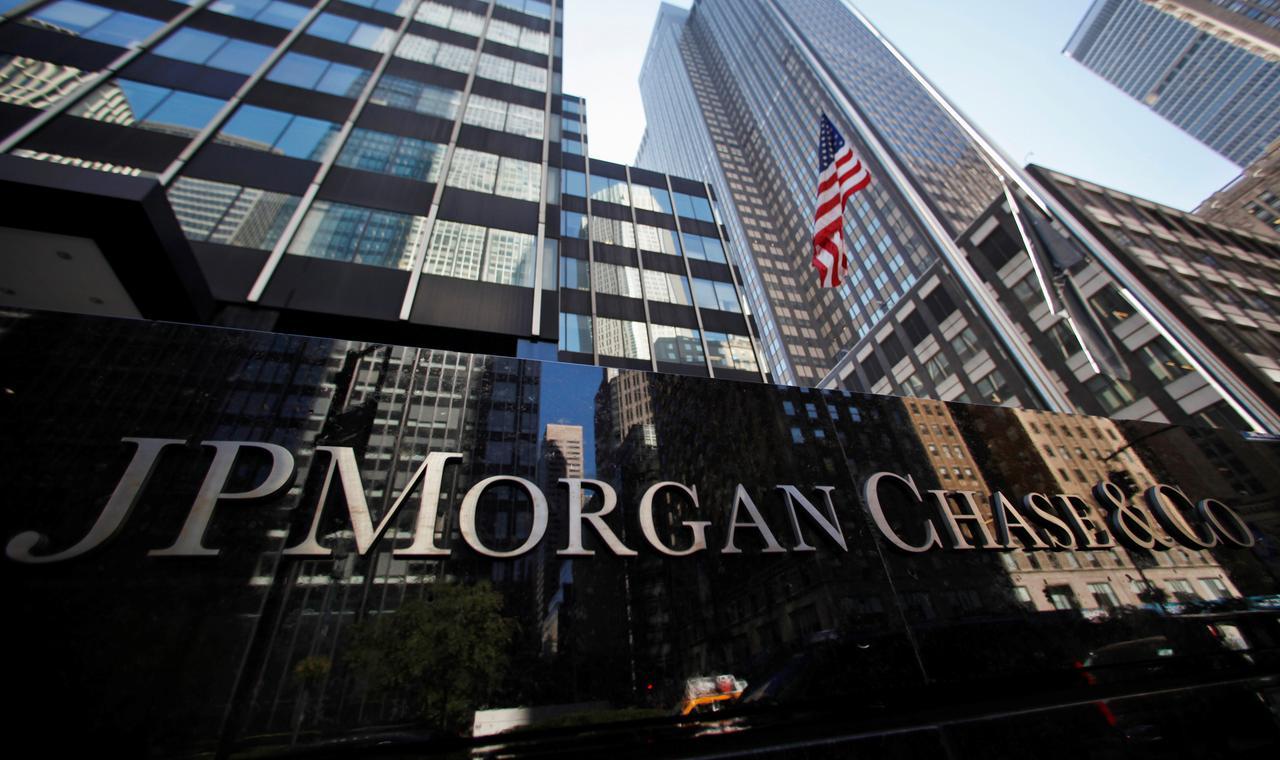[Newsmaker] JP Morgan Chase, Societe General bagged W8b from controversial derivatives products: data
By Jung Min-kyungPublished : Oct. 21, 2019 - 16:18
Overseas investment banks JP Morgan Chase and Societe General earned a combined commission income of nearly 8 billion won ($6.8 million) from designing derivatives products sold mostly via South Korean commercial lenders that put investors at huge risk, data from the Financial Supervisory Service showed Monday.
The data was acquired and released by a ruling Democratic Party lawmaker here after the nation’s financial watchdog said earlier this month that it has found 750 suspected cases of “unethical” sales of derivatives tied to overseas interest rates. All financial institutions involved in the case had allegedly ignored their duty to assess risks and alert their clients of potential risks, the FSS said.
The data was acquired and released by a ruling Democratic Party lawmaker here after the nation’s financial watchdog said earlier this month that it has found 750 suspected cases of “unethical” sales of derivatives tied to overseas interest rates. All financial institutions involved in the case had allegedly ignored their duty to assess risks and alert their clients of potential risks, the FSS said.

According to the data, US-based JP Morgan Chase and France-based Societe General each bagged commission incomes of 1.7 billion won and 2.3 billion won from Korean commercial lender Woori Bank for designing derivatives-linked funds tied to German government bond yields. The commission rates for JP Morgan and Societe General stood at 3.02 percent and 3.83 percent, respectively.
Societe General also received commission income worth 3.7 billion won from another major lender KEB Hana, for being involved in the development of structured products that track the performance of constant maturity swap rates of the US dollar and British pound. The commission rate for the product stood at 2.36 percent.
Meanwhile, South Korean brokerages and asset managers earned separate commission income from the banks as well. IBK Investment & Securities and NH Investment & Securities each bagged 283 million won and 354 million won, while Hana Financial Investment earned 335 million won. Ten local asset managers secured a combined 551.2 million won.
According to lawmaker Je Youn-kyung, who released the report, the overseas investment banks first proposed the creation of the derivatives to local brokerages. The local brokerages then signed a hedging deal with the foreign investment banks, which reduced risks for the brokerages in return for guaranteed commission for the foreign institutions.
The products were then sold via commercial banks to their clients.
By Jung Min-kyung (mkjung@heraldcorp.com)







![[Graphic News] More Koreans say they plan long-distance trips this year](http://res.heraldm.com/phpwas/restmb_idxmake.php?idx=644&simg=/content/image/2024/04/17/20240417050828_0.gif&u=)
![[KH Explains] Hyundai's full hybrid edge to pay off amid slow transition to pure EVs](http://res.heraldm.com/phpwas/restmb_idxmake.php?idx=644&simg=/content/image/2024/04/18/20240418050645_0.jpg&u=20240419100350)






![[From the Scene] Monks, Buddhists hail return of remains of Buddhas](http://res.heraldm.com/phpwas/restmb_idxmake.php?idx=652&simg=/content/image/2024/04/19/20240419050617_0.jpg&u=20240419175937)

![[KH Explains] Hyundai's full hybrid edge to pay off amid slow transition to pure EVs](http://res.heraldm.com/phpwas/restmb_idxmake.php?idx=652&simg=/content/image/2024/04/18/20240418050645_0.jpg&u=20240419100350)

![[Today’s K-pop] Illit drops debut single remix](http://res.heraldm.com/phpwas/restmb_idxmake.php?idx=642&simg=/content/image/2024/04/19/20240419050612_0.jpg&u=)